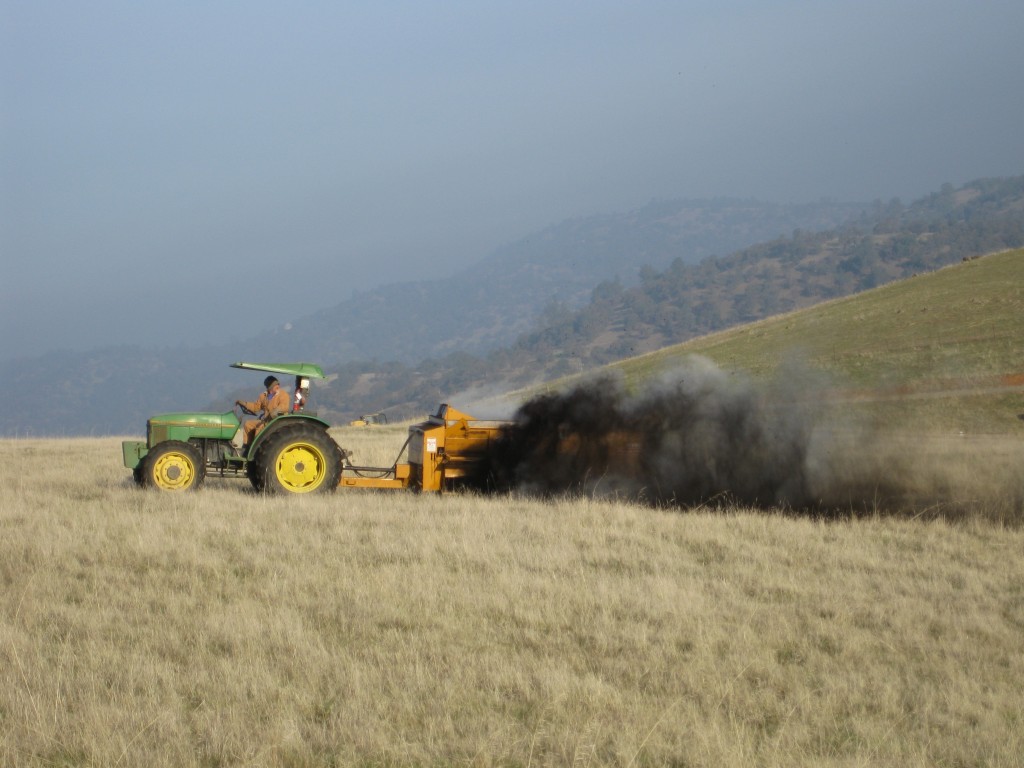Greenhouse gas emissions reduction alone is no longer sufficient to stop the climate change crisis. Carbon dioxide removal from the atmosphere, in addition to emissions reduction, is required to stop climate change problem.
What is the potential for land management to lower global temperatures?
Can urban and agricultural organic waste contribute to ecosystem sustainability and help sequester carbon in soils?
What are the biogeochemical dynamics controlling greenhouse gas emissions and carbon storage and loss in soils amended with composted waste?
The Silver Lab is using a broad suite of field and laboratory experiments, chemical assays, and modeling to explore the potential for land management to contribute to climate change mitigation. We work in rangelands and cropping systems across a wide variety soils and climates. We are also exploring the greenhouse gas emissions and associated controls from the composting process. Some of this work is part of a multi-stakeholder collaborative effort to assess the potential for soil carbon sequestration, called the Marin Carbon Project. For more information, see www.marincarbonproject.org
P

